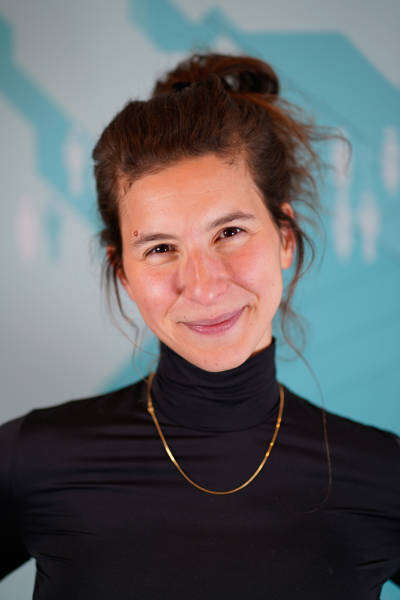What is the state of refugee rights to education in the national regulations of host countries? Some developing host countries have progressive legal frameworks that actively support formal schooling provision for refugee children, while other countries prohibit or severely limit education provision for refugees living within their borders. This can have implications for whether and how refugee children and youth access formal schooling. With just 68% of refugee children estimated to be enrolled in primary school, examining the barriers to schooling for refugees is vital. We present exploratory evidence on the question of refugee education regulatory variation with a novel dataset on low- and middle-income countries refugee education regulations. We then look closer at the cases of Uganda and Bangladesh, two countries that host some of the world's largest refugee populations, yet have completely different legal regimes in place for refugee education, with resulting variation in education programs and outcomes. Our findings support the need to improve access to education among refugees, and we conclude with recommendations for both policy and future research.
Dupuy, Kendra; Júlia Palik & Gudrun Østby (2022) No right to read: National regulatory restrictions on refugee rights to formal education in low- and middle-income host countries, International Journal of Educational Development 88 (102537).










